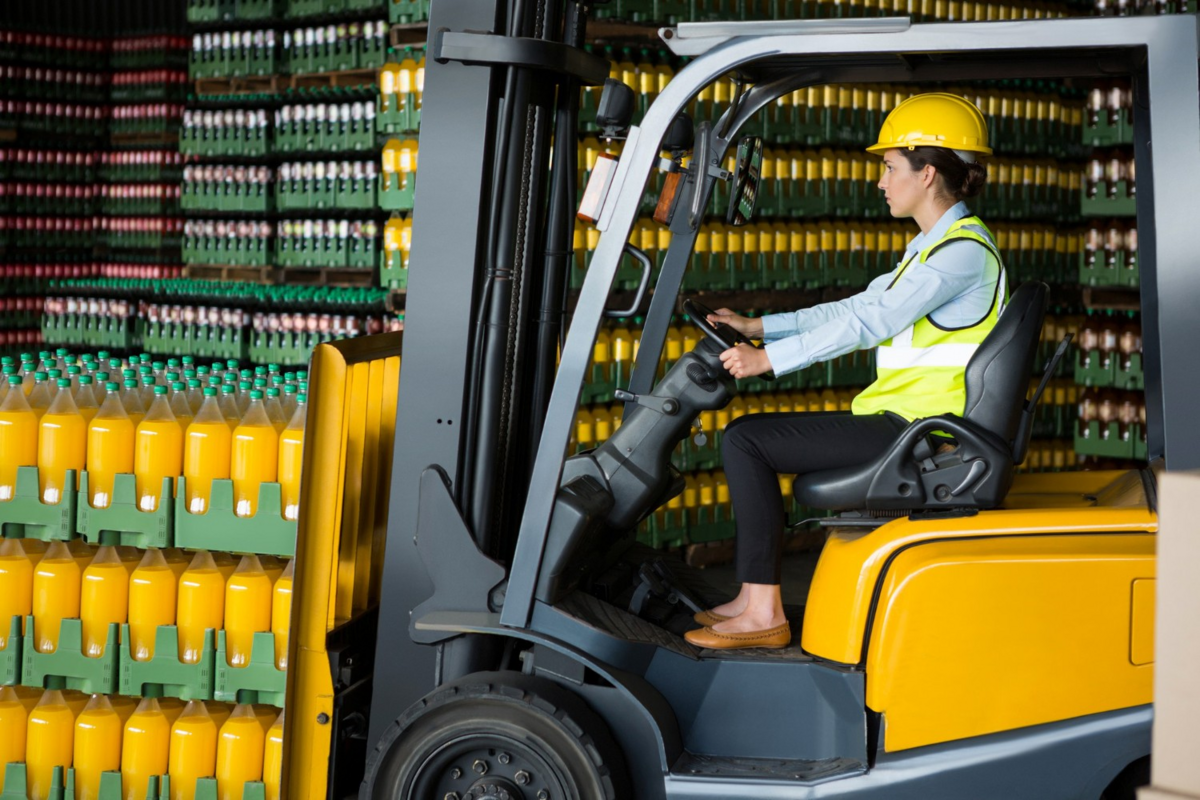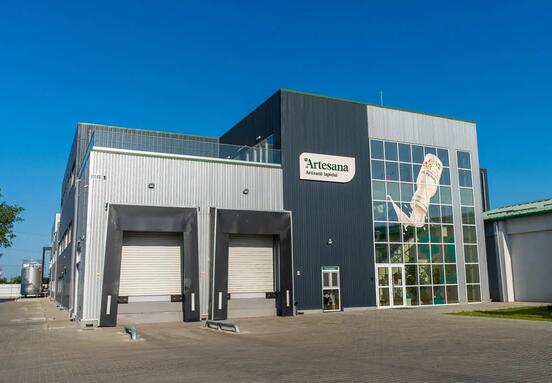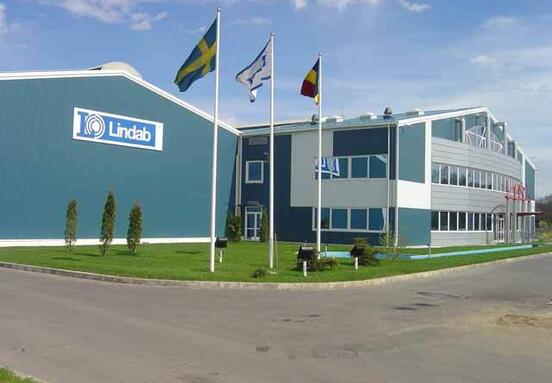Optimize your operations: the power of electric forklifts in modern warehousing
Efficient logistics and warehousing are the backbone of any successful business, especially in a market driven by immediate delivery expectations.
Electric forklifts have emerged as indispensable tools, streamlining these critical operations. They significantly accelerate logistics processes, ensure a constant and safe flow of products, dramatically reduce accident risks, enhance overall workplace safety, and diminish environmental impact.
Modern electric forklifts boast advanced features like smart control systems, are remarkably easier to maintain, produce zero toxic emissions, and consume considerably less energy compared to their fossil fuel-powered counterparts. This translates directly into reduced operating costs and substantial environmental benefits, making them a strategic investment for any business seeking to optimize its warehouse efficiency.
Key industries revolutionized by electric forklifts
Retail and distribution centers
For retail and distribution hubs, processing thousands of orders daily is the norm. Electric forklifts are essential for managing product handling, optimizing stock organization, and ensuring rapid dispatch to physical stores or directly to consumers. They are instrumental in maintaining a fast, orderly, and predictable workflow within vast warehouse environments, contributing to seamless inventory management and quick fulfillment.
Food and beverage industry
The food and beverage sector heavily relies on electric forklifts, particularly in cold storage and temperature-controlled environments where stringent hygiene standards are paramount. Their zero-emission operation ensures no harmful gases contaminate sensitive products. Furthermore, their superior maneuverability and stable handling capabilities are vital for protecting perishable goods, minimizing damage, and ensuring product integrity from storage to shipment.
Construction industry
In the demanding construction industry, electric forklifts are indispensable for handling heavy materials such as cement bags, steel beams, and pallets, both within storage facilities and directly on construction sites. Their robust performance improves process fluidity, significantly reduces waiting times for materials, and enhances overall site productivity, proving their versatility beyond traditional warehousing.
Manufacturing and assembly industry
Manufacturing and assembly plants utilize electric forklifts extensively for transporting components, raw materials, and finished products between various production stages. Their adaptability allows them to meet diverse production line needs, contributing significantly to effective stock management, reducing downtime, optimizing space utilization, and preventing costly bottlenecks in complex assembly lines.
Choosing your warehouse space: prioritizing efficiency and sustainability
As businesses evaluate potential warehouse and logistics spaces to rent, the infrastructure and operational capabilities that support modern equipment like electric forklifts become paramount. Opting for facilities that can readily accommodate these advanced machines signifies a commitment to future-proof operations, cost savings, and environmental responsibility. Investing in the right equipment and the right space means investing in a more productive, safer, and sustainable future for your business.
Source: kanald.ro







